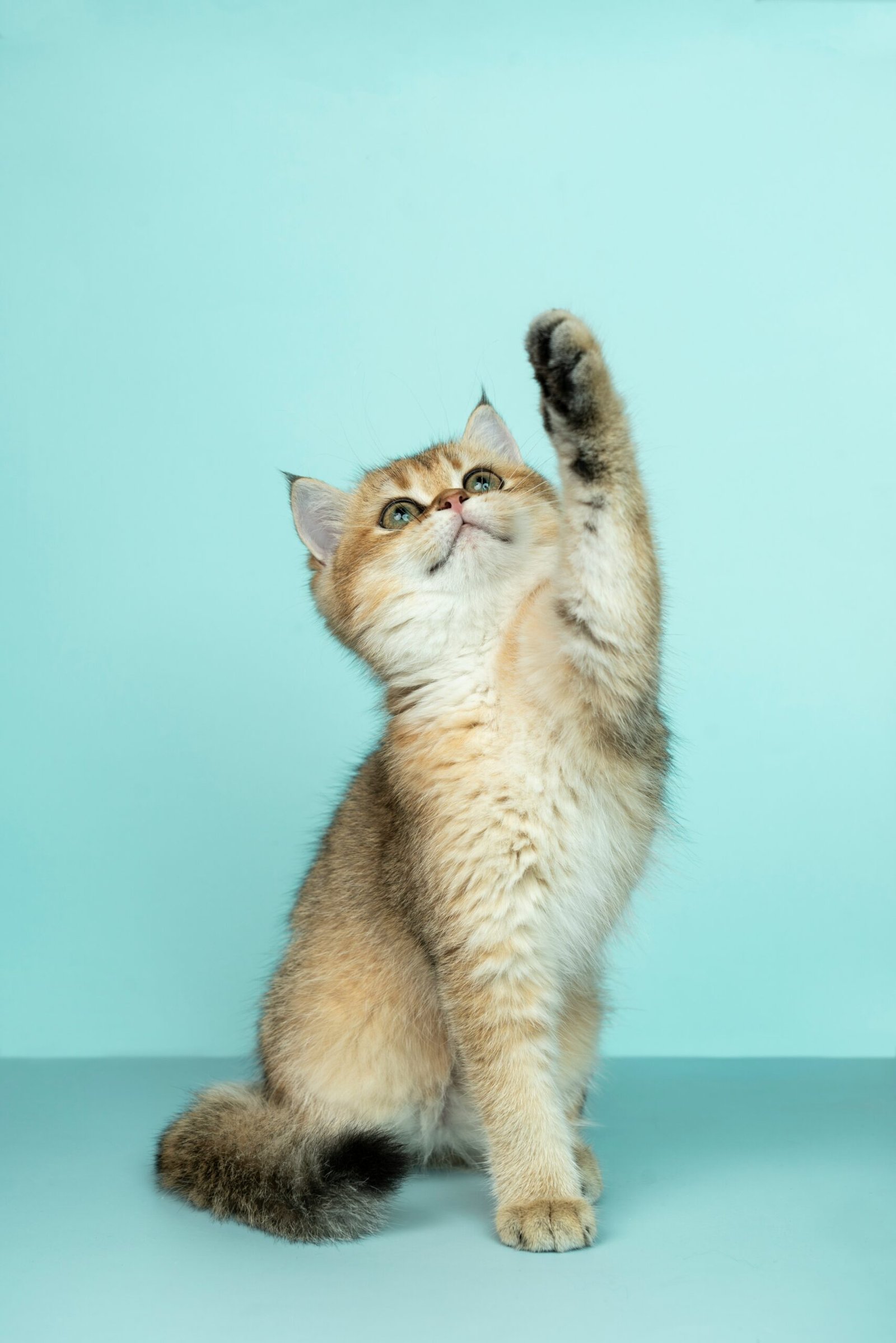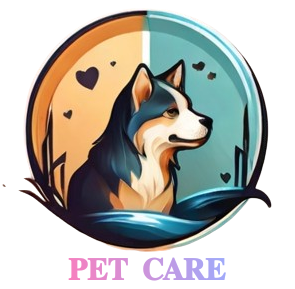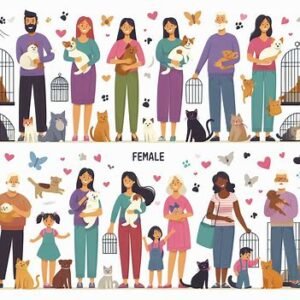
Photo by <a href="https://unsplash.com/@alvannee" rel="nofollow">Alvan Nee</a> on <a href="https://unsplash.com/?utm_source=hostinger&utm_medium=referral" rel="nofollow">Unsplash</a>

The Organized Day of Cats
Cats have a remarkably organized day, balancing between sleep, rest, grooming, hunting, eating, and exploring. It’s fascinating how they manage to fit all these activities into their daily routine.
A Cat’s Diet
A cat’s diet should primarily be meat-based, providing all the essential nutrients such as proteins, fats, carbohydrates, vitamins, minerals, fatty acids, and amino acids. Here are some key points to consider:
- Protein: Cats are obligate carnivores, meaning they require a high amount of meat-based protein.
- Fat and Carbohydrates: A balanced diet with a good mix of fat and carbohydrates is also necessary.
- Life Stage: The dietary requirements of cats change with age. Kittens need more protein and calcium, while adult cats require a diet to maintain healthy tissues and body systems. Senior cats may require adjustments based on their health.
- Medical Issues: If your cat has conditions like diabetes or hyperthyroidism, their diet may need to be adjusted accordingly.
- Water: Always ensure your cat has access to fresh, clean water.
It’s best to consult with a veterinarian to tailor a diet that fits your cat’s specific needs and to ensure they’re getting the right balance of nutrients according to guidelines proposed by the Association of American Feed Control Officials (AAFCO).
Safe Human Foods for Cats
Cats can enjoy various human foods in moderation. Here are some safe options:
- Cooked Meats: Cats thrive on meats like chicken, turkey, and beef.
- Fish: Cooked fish can be a good source of protein and omega-3 fatty acids.
- Vegetables: Some cats may enjoy steamed carrots, peas, or broccoli.
- Fruits: Small amounts of melon or seedless watermelon can be a treat.
Always introduce new foods slowly and in small quantities to avoid digestive upset, and consult your vet, especially if your cat has health issues. Avoid feeding cats raw meat or fish, as it can make them sick. Remember, treats should not make up more than 10% of your cat’s diet.
The Importance of a Good Diet for Cats
A good diet is essential for the health and well-being of cats. Here are some key considerations:
- Protein: Cats are obligate carnivores and require a diet high in animal-based proteins. They need 50-60% protein in their diet for healthy tissues and body systems.
- Fat: A moderate amount of fat, around 30-50%, is also essential for energy and nutrient absorption.
- Carbohydrates: Cats have a limited ability to digest carbohydrates, so their diet should be low in carbs.








